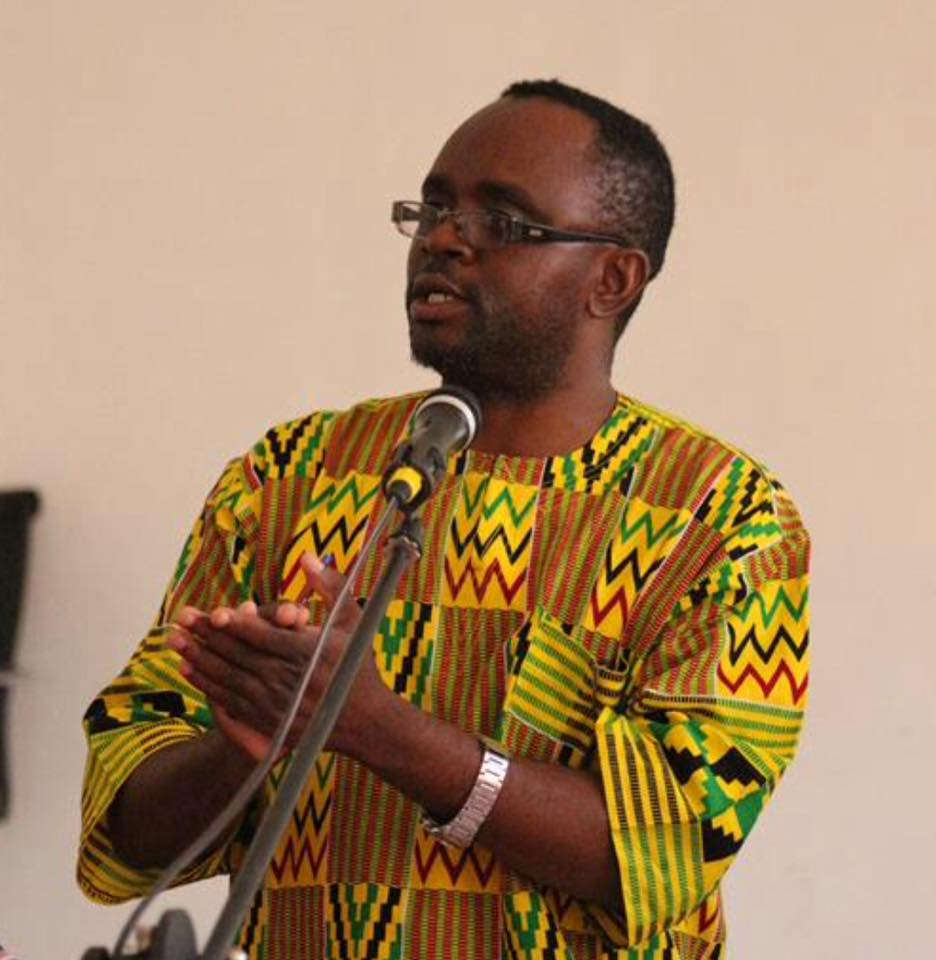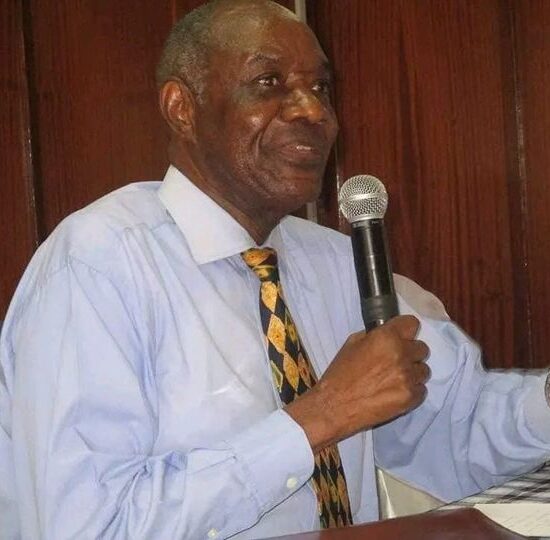
The Copperbelt’s Bwana Mkubwa Constituency lawmaker Dr. Jonas Chanda has called for increased funding to the education which he said would lead to production of high quality human capital which is the most important source of competitive advantage for a nation to achieve economic growth and development.
Dr. Chanda, a medical doctor by profession said this when he was speaking in parliament as he advocated for increase budget allocation to the education sector in the 2019 budget. He stated that Zambia had lagged behind in school infrastructure as the population grew, leading to demand for school places outstripping supply, a situation which has created a “funnel-shaped” education system.
Dr. Chanda further stated that “this funnel shaped system had led to a situation were about 500,000 children start school in grade 1 but only 100,000 (which is 20%) completing grade 12, representing an 80% drop out rate”.
“While international conventions recommend spending 20 to 26% of the national budget on education, in Zambia, only ZMW13.3 billion (about USD1.1 billion) which is 15.3% of the budget is allocated to education for both Ministries of General Education and Higher Education” the lawmaker stated.
The first ever global Human Capital Index (maker HCI) published by the World Bank in Bali, Indonesia this year urges countries to prioritize investment in people by simultaneously investing more financial resources in education, health and economic development.
Zambia, with 82% of the population below the age of 35, must invest more in its young people. Results of HCI shows the highest scoring countries are all East Asian – Singapore, South Korea, Japan and Hong Kong, while Britain is at number 22 and the USA is at number 24, but African countries are at the bottom of the list,” he said.
The Lawmaker further said any good education system consists of quantitative expansion, qualitative expansion and equity. “The Patriotic Front – PF government has embarked on quantitative expansion of school infrastructure by constructing hundreds of primary and secondary schools, colleges and universities to close the “infrastructure gap” which was created over so many years due to previous governments low investment in school infrastructure.
Consequently, Zambia lagged behind in school infrastructure as the populationRuling Patriotic Front (PF) Member of Parliament for Bwana Mkubwa Constituency Dr. Jonas Chanda has said increased funding for education leads to production of high quality human capital which is the most important source of competitive advantage for a nation to achieve economic growth and development.
He reiterated that the quality of education in a nation determines the quality of human capital produced, which drives economic development. He has commended government for removing all 743 Teachers with forged certificates from the education system but says they must be prosecuted, and no teachers with forged certificates must be employed. He also thanked government for acting against rampant examination leakages which compromise the quality of education.
Meanwhile on need for equity in an education system, Dr Chanda said education is a universal human right for all, and universal education must be for all with no pupil left behind. He thanked government for increasing school enrollment for both boys and girls. He says more needs to be done for children living with disabilities in public schools, including recruitment of specialized teachers for children with special needs like blindness, deafness and mental impairment.
Dr. Chanda further urged government to ensure that the 2-Tier Educational System in secondary schools which offers academic and vocational options to pupils, is more industry-based so that pupils can acquire “industrial skills,” than the current situation where it is confined to learning institutions.
He has also called for increased government support to community schools which emerged as the 4th-Tier of the Education System in the 1990s due to “infrastructure gaps” in the public school system.








